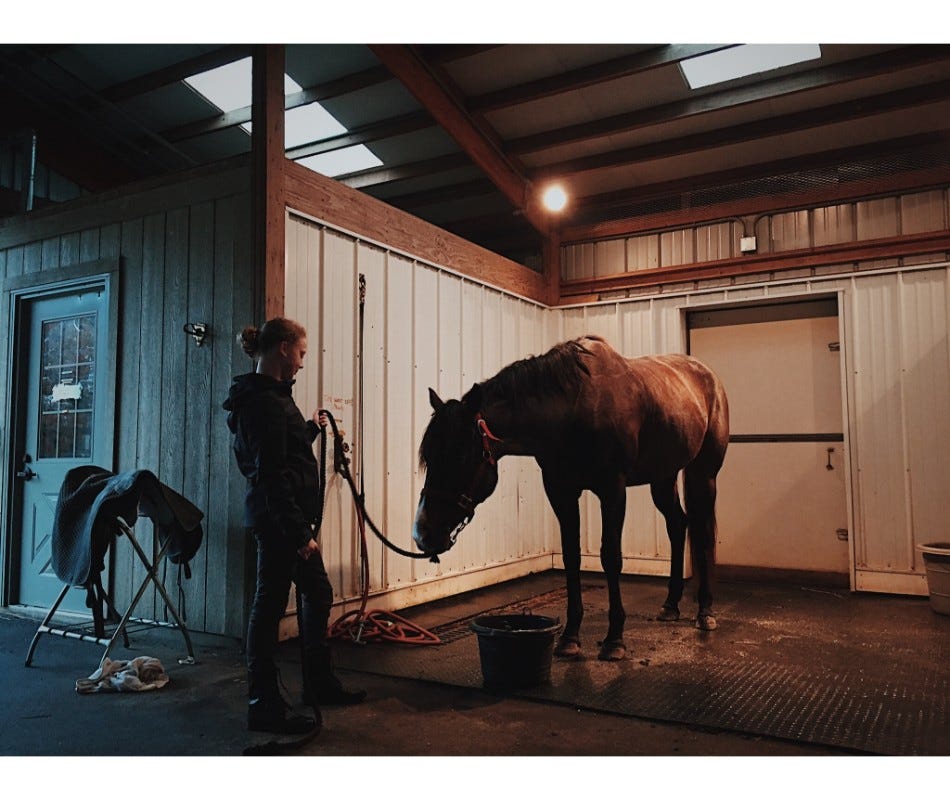We use cookies to make your experience better. To comply with the new e-Privacy directive, we need to ask for your consent to set the cookies. Learn more
Horse deworming during the Hot Summer Months
Keeping your horse in good health is an all-year round exercise.
In previous articles, we have mentioned some tips on how to deworm your horse for different seasons, and this article will give you tips on what to do during summer.
During the hot months of summer, the weather conditions are conducive for roundworm egg hatching. Once these eggs in the pasture are hatched, the worm larvae mature fast. Meaning that your horse can get infected as he grazes in the field. The life-cycle goes on 3-4 times during this season. This means that any disease related to roundworms may be experienced by your horse.
Worm infections can cause many problems like diarrhea, weight loss, poor performance, and colic. It is necessary to have a routine roundworm treatment for your horse in the summer months to prevent such health problems. This is also necessary especially if your horse shares the pasture with other horses. Keep in mind that the more time your horse spends out in the grazing field, the higher the risk for parasite exposure.

Horse deworming in the Summer
During the hot summer months, adult roundworms in horses are considered as a major health threat. The goal of horse worming during this particular season is to reduce the population of adult roundworms inside your horse’s intestines. This helps prevent re-infection by eliminating egg-laying adults; if adults are eliminated, worm eggs cannot be passed on through manure and subsequent re-infection can be avoided.
Ideal equine dewormers for roundworm treatment include ivermectin and pyrantel based dewormers;. It is best to consult your veterinarian for the proper dosing intervals that best suits your horse. Dosing intervals may be based on the result of fecal egg counts provided.
Summer sores also occur during this season. These are itchy lesions caused by stomach worm larvae. Sores can be most annoying and itchy; horses tend to chew, bite and scratch the wounds until they bleed. Flies are the carrier of stomach worm larvae and they should be controlled as well. Deworming is also another solution for summer sores since it breaks the lifecycle of stomach worms. The best agent to be used is ivermectin.
The Need for Wormer Rotation
Rotating equine dewormers during summer can help slow down the development of drug resistance. For instance, you have used ivermectin for 2 consecutive summers, and on the third summer, you may switch to pyrantel pamoate. Consult your veterinarian as to the proper rotational program appropriate for your area as well as the condition of your horse.








Validate your login